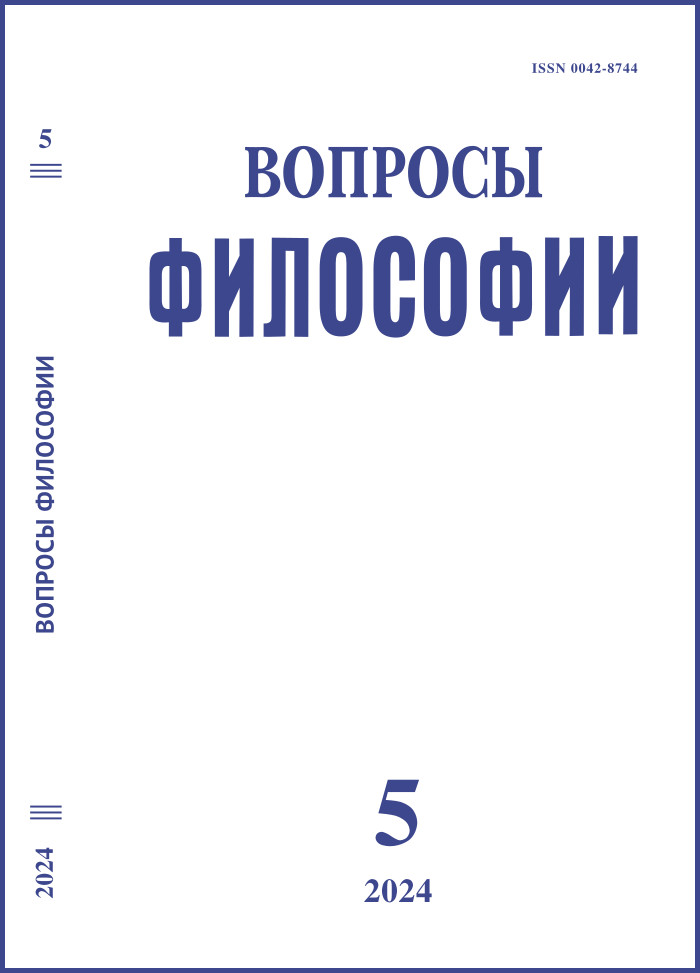Some Remarks on the Requirements for Scientific Theory in the Context of Many-worlds Models
DOI:
https://doi.org/10.21146/0042-8744-2024-5-140-146Keywords:
consistency, contradiction, theories of many worlds, logic, philosophy of science, intellectual intuition.Abstract
The article discusses the problem of a correct description of reality in science and philosophy, taking into account the acceptance of the many-world hypothesis. Many-worlds are understood as modern physical hypotheses that allow the existence of other universes (many-world interpretation, chaotic inflation, string landscape, and others). It is shown that these models are likely to challenge the traditional intellectual intuition on which classical science is built: they require new methodological approaches, and perhaps a new epistemology in general. Some requirements of classical logic, based on principles such as the laws of non-contradiction or the excluded middle, may turn out to be incorrect and even counterintuitive under many-world hypotheses. It is suggested that some logical systems (paraconsistent logic, quantum logic) may in the future become an ontological and epistemological foundation for the concepts of many-world physical reality. It is concluded that the considered multi-world models in conjunction with the indicated logics are more intuitively acceptable, since they allow getting rid of not only a number of cosmological problems (for example, fine tuning), but also problems of a logical and mathematical nature arising from the considered traditional requirements for formal systems.

